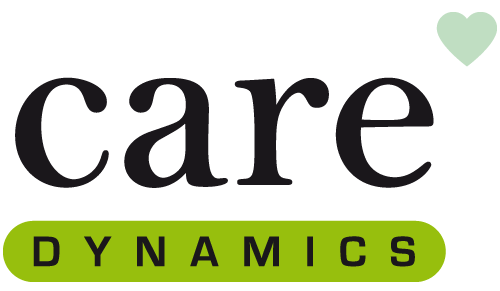Health and Safety
Conditions of Employment for Health Workers.
Infections
MRSA (Methicillin Resistant Staphylococcus Aureus)
MRSA is resistant to many antibiotics. A high proportion of healthy people in the community carry these bacteria with no ill effects. If you are required to nurse/care for a client with MRSA in a Hospital or Nursing/Residential Home, inform your Manager. When caring for a client with MRSA in Hospitals or Nursing/Residential Homes follow their local infection control policy. Some NHS Trusts may insist on all Members being screened for MRSA prior to working assignments within that Trust. Your Manager will inform you if this is necessary and assist in making arrangements with the local Occupational Health Department. If you come into contact with MRSA you must let your Manager know.HIV and AIDS
All Members are to be aware of and abide by the requirements of HSC 1998/226 “Guidance on the Management of AIDS/HIV Infected Health Care Workers and Patient Notification”. HIV (Human Immunodeficiency Virus) is a virus that affects the immune system, breaking down a person’s defence against infection. The person develops severe disease due to generalised infections with bacteria, referred to as AIDS (Auto Immune Deficiency Syndrome). “All Healthcare workers are under ethical and legal duties to protect the health and safety of their patients. They also have a right to expect that their confidentiality will be respected and protected”. The circumstances in which HIV could be transmitted from a Member to a patient are limited to exposure prone to procedures in which injury to the Member could result in the worker’s blood contaminating the patient’s open tissues (bleed-back). HIV infected Members must not perform any exposure prone procedures. A Member who has any reason to believe they may have been exposed to infection with HIV, in whatever circumstances, must promptly seek and follow confidential professional advice on whether they should be tested for HIV. Failure to do so may breach the duty of care to patients. Examples of how a person may have been exposed to HIV infection; If they have:- Engaged in unprotected sexual intercourse
- Shared injecting equipment whilst misusing drugs
- Engaged in invasive medical, surgical, dental or midwifery procedures in parts of the world where infection control precautions may have been inadequate
- Had a significant occupational exposure to HIV infected material.
Exposure Prone Procedures
These are invasive procedures where there is a risk that injury to the worker may result in the exposure of the patient’s open tissues to the blood of the worker (bleed-back). These include procedures where the worker’s gloved hands may be in contact with sharp instruments, needle tips or sharp tissues (e.g. spicules of bone or teeth). Procedures where the hands and fingertips of the worker are visible outside the patient’s body at all times, are considered not to be exposure prone provided routine infection control procedures are adhered to at all times. General Measures to Prevent Occupational Transmission of Blood-borne Viruses:- Follow good basic hygiene practices with regular hand washing before and after contact with each patient; before putting on and after removing gloves; change gloves between patients.
- For all clinical procedures, cover existing wounds, skin lesions and all breaks in exposed skin with waterproof dressings or with gloves if hands are extensively affected.
- Members with chronic skin diseases, such as eczema, should avoid invasive procedures that involve sharp instruments or needles when their skin lesions are active.
- Use PPE as appropriate, including protection of eye membranes, mouth and nose from blood and body fluid splashes.
- Avoid wearing open footwear in situations where blood may be spilt or where sharp instruments or needles are handled.
- Prevent puncture wounds, cuts and abrasions and, if present, ensure that they are not exposed.
- Avoid sharps usage wherever possible and consider the use of alternative instruments e.g. cutting diathermy and laser.
- Where sharps usage is essential, exercise particular care in handling and disposal, following approved procedures and using approved sharps disposal containers.
- Clear up spillages of blood and other bodily fluids promptly and disinfect surfaces.
- Follow approved procedures for sterilisation and disinfection of instruments and equipment.
- Follow approved procedures for safe disposal of contaminated waste.
Hepatitis
Hepatitis is a virus that can cause inflammation of the liver. There are different strains – A, B, C, D and E. Hepatitis A Transmitted via the faecal-oral route from person to person Hepatitis B Transmitted via blood, semen, blood transfusions or sharing needles Hepatitis C Transmitted as B Hepatitis D Transmitted as B – occurs only in patients who have Hepatitis B Hepatitis E Transmitted via the faecal-oral route and person to person – type of Hepatitis caused by disasters (contaminated water supply).Call 01202 759965
Our experienced Consultants offer a friendly and helpful service.
